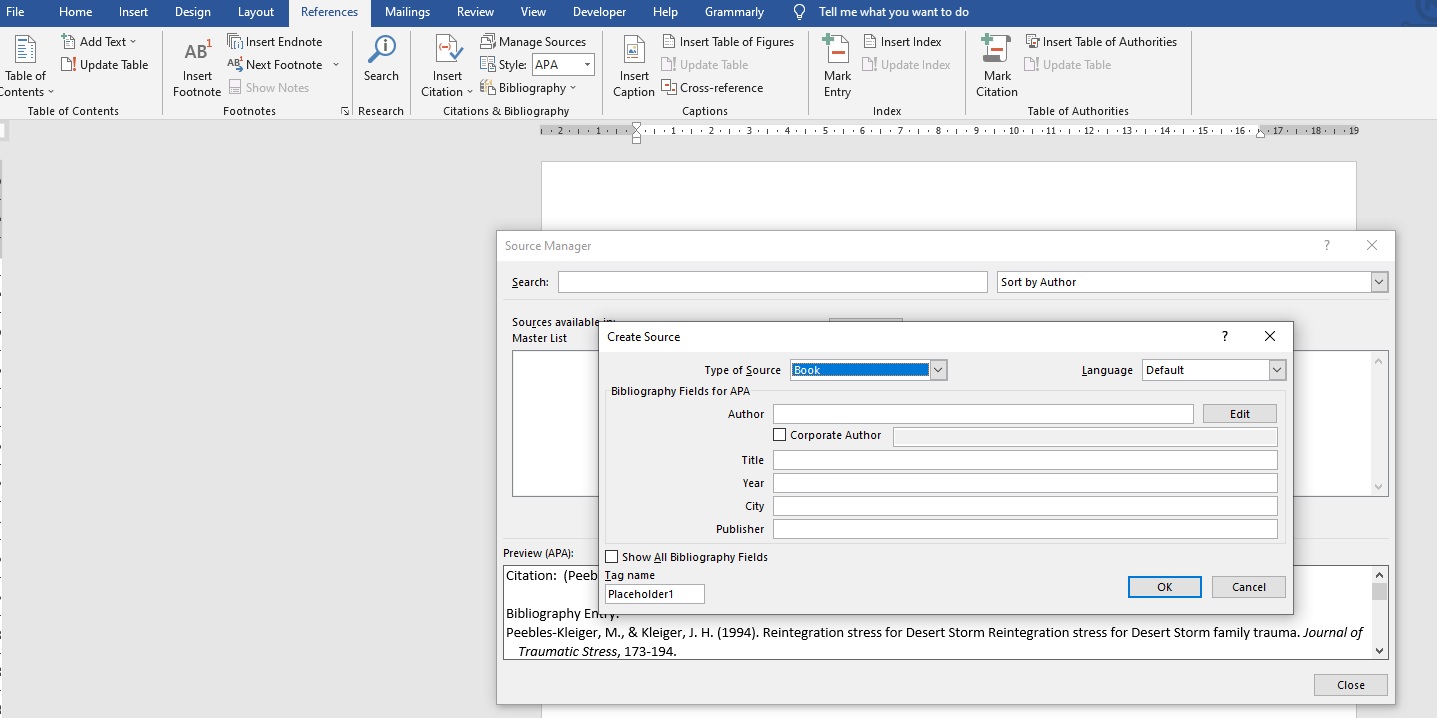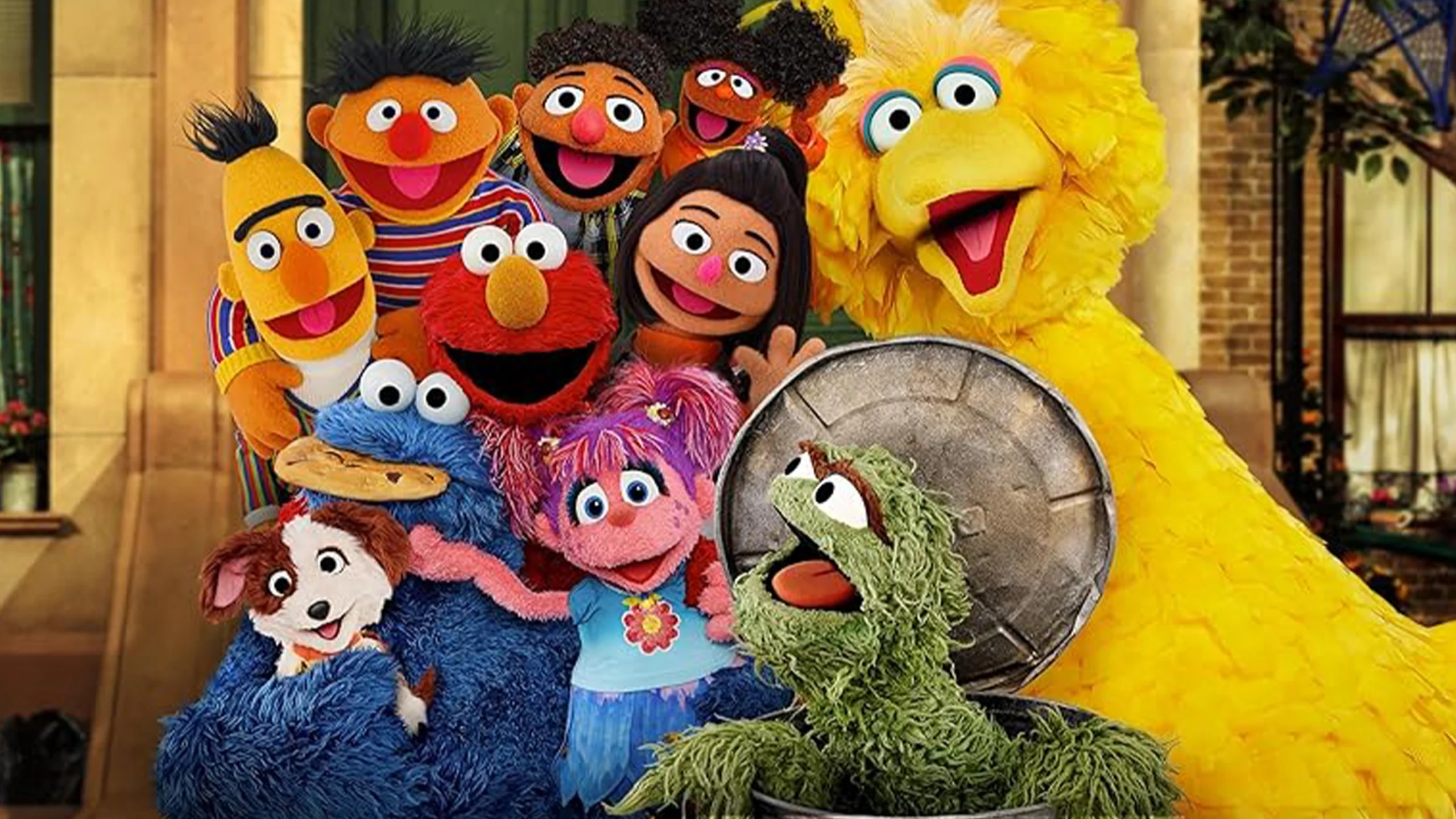Hacks and Tips Your Kids Can Use for Their Research Papers
Here’s a list of hacks, tips, and trips your kids will need when writing their research papers.
Schools often use research papers to gauge how well the student understands the subject. However, in light of the pandemic-level spread of the belief in fake news, comprehensive research nowadays is a must. Whether it’s in media or just academic work, research is a necessary life skill. Here are some hacks, tips, and tricks your kids can use when they’re writing or cramming their research papers for school.
1. Google Scholar

Words cannot describe how this has often saved me as a post-graduate student from the stress of trying to find credible research. Google Scholar is a section in Google that restricts the search results to journal publications and published books, all of which are recognized by universities and international research organizations. One will even notice that there is a link often found on the right that leads to the full-length journal. It also has a citation feature. All you’ll need to do is click the “cite” button and it’ll show the proper format to cite journals or research papers in the reference section of your kids’ research papers.
Other websites such as Sci-Hub, JSTOR, and Science Direct are reliable search engines, too!
2. Always ask: what is the research not telling you?
When teachers request your kids to do more critical thinking for their research paper, one of the most basic questions to ask oneself is: “what is the research not telling you?” Papers are still written by humans and also have a measure of feasibility or how easy or possible it is to perform the study. It’ll take some reading but usually, researchers have a section on what the limitations of their study are.
3. Reference Storage

Microsoft Office has an option on the File bar or dashboard known as References. Once the user clicks that, they’ll be offered options on how to make footnotes, tables of content, and even tables of figures. But the most useful feature is its ability to store sources. Click Manage Sources and there, your kids can manually fill in the blanks from the type of source to who the author is, and the program will do it for them. It even lets you select what kind of source it is and what format they need. Moreover, it generates the bibliography or the reference pager for them and all that’s left is to format it.
There should be a similar option in Mac OS.
4. “Suggesting” Mode
Google Docs has a mode known as the “suggesting” mode where it tracks all the changes that occurred within the document. It’s a useful tool, especially for research paper group works where there are things to be revised, edited, and even moved around to fit the format.
5. If it’s blocked by payment, look for the email of the researcher.
Often in post-graduate studies, students need to submit their findings to a journal. But most journals do need them to pay for access to that one study. It’s good to buy the journal to support the research industry. But if your kids only need that one study for their research papers, they’ll just need the email of the researchers. Either it’s on the paper or just put their name in the Google search bar. Most likely, the researchers are part of universities as professors.
6. Don’t be afraid to use the university libraries!
Some of your kids may feel constrained to their university’s or school’s library. But it’s still possible to access if they know someone on campus. Others even just write a letter to the library to request access since it’s just one study anyway.

7. 3-hour writing limit
One of the techniques I used as a post-graduate student is to set a specific time when and how long I’d write. And especially if their research papers are stored in Google Drive, it’ll send a notification or record that will show that your kids have constantly accessed that file at a specific hour. Since Filipinos often have a siesta or trying to break the habit, some people prefer writing from 1 PM to 4 PM to burn their lunch and not fall into the afternoon nap habit.
Besides, it can get tiring. So, if not 3 hours, do 1 1/2 first and then slowly extend it until it hits 3 hours.
8. Play video game music in the background
Studies have proven that video game music can heighten a kid’s motivation and soundtrack creators do put a lot of effort into making sure the music fits the mood. Video game music is there to help kids enjoy the game but also motivates them to accomplish or achieve the quest in-game. It might sound strange that they’re playing Star Wars’ Duel of the Fates or Mortal Kombat’s Theme Song in the background but, it will help them focus. Plus, it can subconsciously increase adrenaline which allows kids to focus on completing their research papers.

Research-backed tips to help kids get high grades for their research papers
A lot of these tips and tricks may sound a bit strange but the human mind is a complex thing. Music always had an influence on our moods and motivations. And a lot of times, kids are stressing out over their research papers because they don’t have the tools to navigate them. Whether it’s through Google Scholar or just knowing keyboard functions, these tips can help your kids get high grades on their research papers.
More about academics:
5 Simple Ways to Connect with Your Child Before and After School
8 Reasons Why Some Parents Are Grade-Conscious
Atichyphobia: Are We Setting Up Our Kids for Failure?









